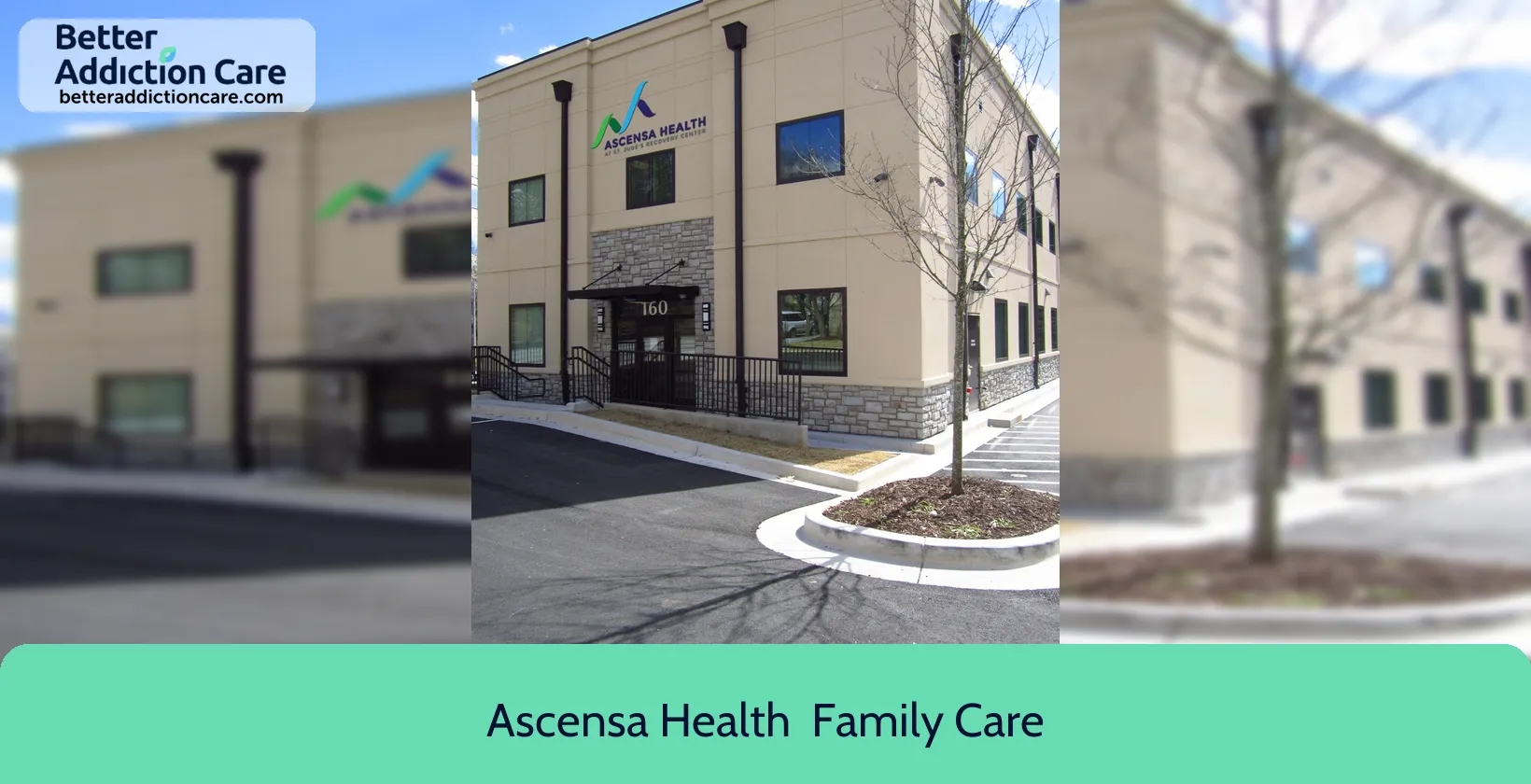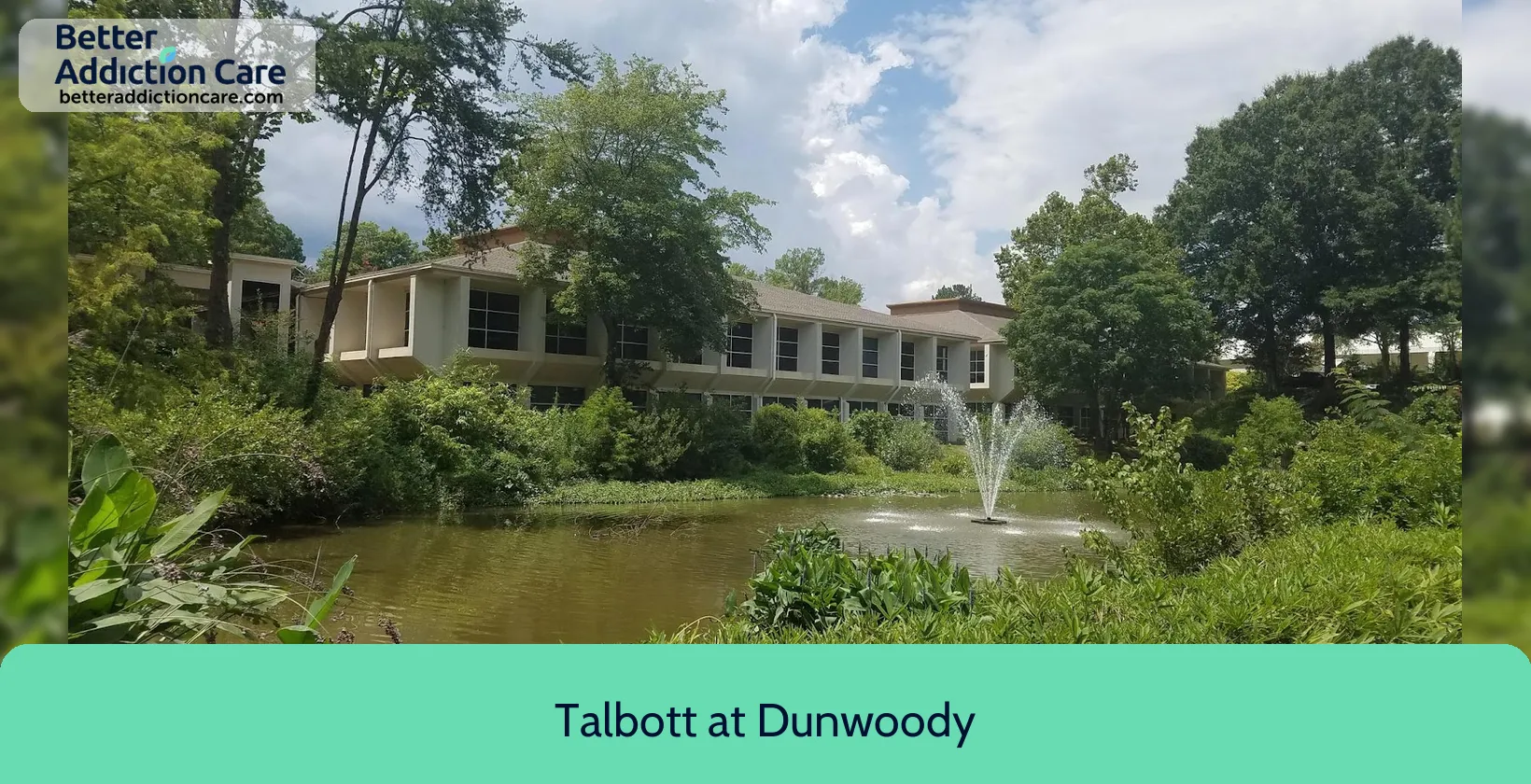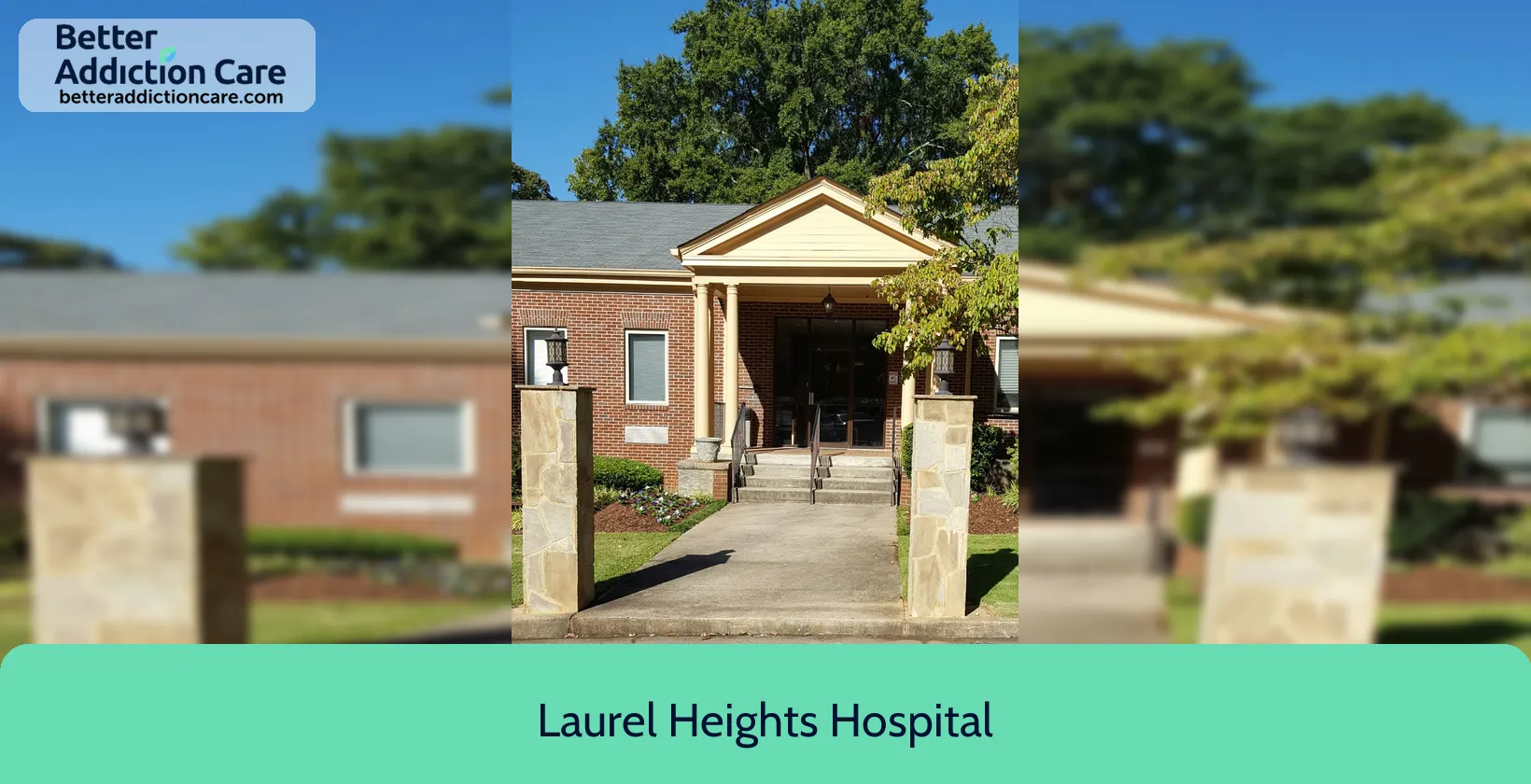Laurel Heights Hospital
Overview
Laurel Heights Hospital is a mental health treatment center for people seeking treatment near Fulton County. As part of their treatment modalities for recovery, Laurel Heights Hospital provides group counseling, cognitive behavioral therapy, and activity therapy during treatment. Laurel Heights Hospital is located in Atlanta, Georgia, accepting cash or self-payment for treatment.
Laurel Heights Hospital at a Glance
Payment Options
- Cash or self-payment
- Medicaid
- State-financed health insurance plan other than Medicaid
- Private health insurance
- Federal military insurance (e.g., TRICARE)
Assessments
- Comprehensive mental health assessment
- Comprehensive substance use assessment
Age Groups
- Children/adolescents
Ancillary Services
- Case management service
- Education services
- Family psychoeducation
- Suicide prevention services
- Therapeutic foster care
Highlights About Laurel Heights Hospital
6.56/10
With an overall rating of 6.56/10, this facility has following balanced range of services. Alcohol Rehabilitation: 8.00/10, Drug Rehab and Detox: 6.00/10, Insurance and Payments: 6.00/10, Treatment Options: 6.24/10.-
Alcohol Rehabilitation 8.00
-
Treatment Options 6.24
-
Drug Rehab and Detox 6.00
-
Insurance and Payments 6.00
Treatment At Laurel Heights Hospital
Treatment Conditions
- Mental health treatment
- Substance use treatment
- Co-occurring Disorders
Care Levels
- Hospital inpatient/24-hour hospital inpatient
- Hospital inpatient treatment
Treatment Modalities
- Group counseling
- Cognitive behavioral therapy
- Activity therapy
Ancillary Services
Languages
- Sign language services for the deaf and hard of hearing
Special Programs
- Members of military families
- Criminal justice (other than DUI/DWI)/Forensic clients
- Clients who have experienced trauma
- Children/adolescents with serious emotional disturbance (SED)
- Persons with post-traumatic stress disorder (PTSD)
Get Help Now
Common Questions About Laurel Heights Hospital
Contact Information
Other Facilities in Atlanta

6.97

6.95

7.28

7.23

7.00

7.55

7.28

6.83
DISCLAIMER: The facility name, logo and brand are the property and registered trademarks of Empowerment Resource Center, and are being used for identification and informational purposes only. Use of these names, logos and brands shall not imply endorsement. BetterAddictionCare.com is not affiliated with or sponsored by Empowerment Resource Center.

